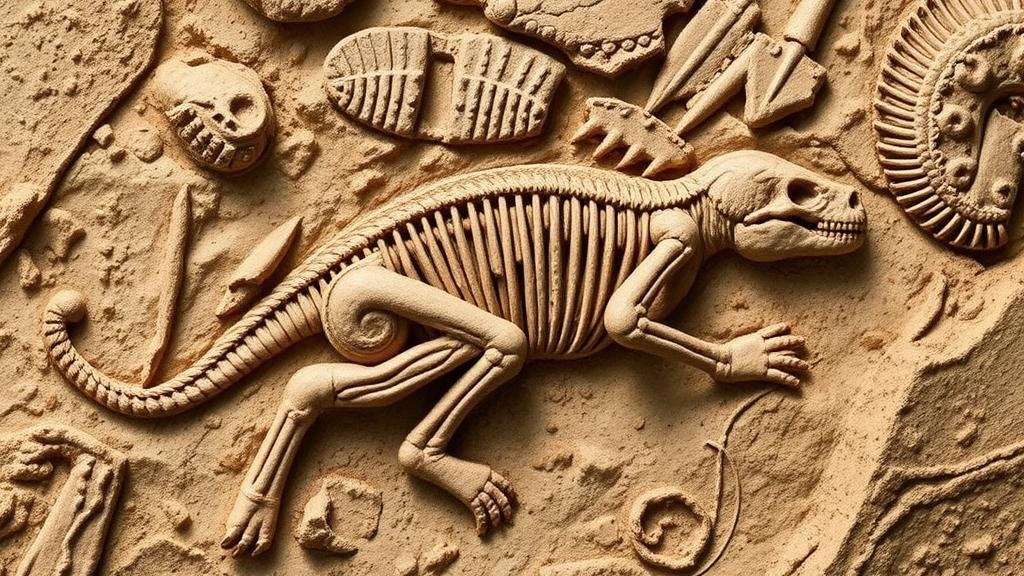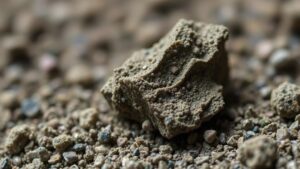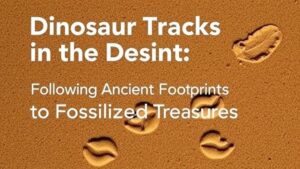Turning Fossils into Income: Building a Business Around Prehistoric Discoveries
Turning Fossils into Income: Building a Business Around Prehistoric Discoveries for Rockhounds and Mineral Collectors
The fascination with fossils extends beyond mere curiosity; it can also be a lucrative venture for rockhounds and mineral collectors. By transforming your passion for prehistoric discoveries into a profitable business, you can share the wonder of paleontology while generating income. This article explores practical strategies for monetizing your fossil collection and creating a successful business model.
Understanding the Fossil Market
The fossil market is diverse, spanning various niches including scientific specimens, decor items, and educational tools. For example, in 2022, the global fossil market was valued at approximately $8.5 billion and is projected to grow significantly as interest in natural history increases. Understanding the market dynamics–supply and demand, price fluctuations, and consumer preferences–is crucial for success.
- Collecting rare fossils can yield high returns, with specific specimens fetching thousands of dollars.
- Educational institutions often seek fossils for teaching purposes, providing a steady market for high-quality specimens.
Starting Your Fossil Business
Turning your fossil collection into a business involves several steps, including sourcing, evaluating, marketing, and selling. Here’s how to navigate this process effectively:
Sourcing Fossils
Building a robust inventory begins with sourcing. This may involve:
- Conducting field trips to known fossil sites in your area, such as the Badlands in South Dakota or the cliffs of the Jurassic Coast in England, where you can excavate your findings responsibly.
- Networking with other collectors to trade specimens or buy collections they no longer want.
- Purchasing fossils from reputable dealers who guarantee ethical sourcing and proper documentation.
Valuing Your Collection
Determining the value of your fossils is essential price them correctly. Consider these evaluation criteria:
- Rarity: Fossils that are unique or hard to find tend to hold higher value.
- Condition: Specimens that are well-preserved command a premium.
- Scientific significance: Fossils contributing to noteworthy paleontological studies can significantly increase in value.
Engaging with experts for a formal appraisal can also provide insights on current market trends and appropriate pricing strategies.
Marketing Your Fossils
With an inventory established, the next step is marketing. There are several effective strategies:
- Building an Online Presence: Use social media platforms like Instagram and Pinterest to showcase high-quality images of your fossils. Engage with a community of fossil enthusiasts and collectors.
- Creating an E-commerce Website: Establishing a storefront where customers can easily browse and purchase fossils adds convenience and builds credibility.
- Participating in Trade Shows: Exhibiting your fossils at mineral and gem shows allows you to interact with potential buyers face-to-face and expand your network.
Real-World Applications
Consider the success stories of individuals who turned their passion into profitable businesses. One notable example is the establishment of fossil museums like the Fossil Discovery Center in California, which derive income through admissions and fossil sales. Individual sellers also thrive on platforms like eBay and Etsy, where unique specimens often garner significant interest from educators and collectors alike.
Addressing Legal and Ethical Considerations
Engaging in the fossil trade requires adherence to legal and ethical standards. It is crucial to:
- Obtain all necessary permits for excavation when collecting fossils yourself.
- Ensure that any fossils bought or sold comply with wildlife protection laws and regulations.
Legitimate businesses understand the importance of provenance and provide documentation for fossils sold to ensure transparency and trust.
Actionable Takeaways
Building a business around fossil collection can be rewarding both intellectually and financially. To effectively turn your hobby into income:
- Research the fossil market and specialize in a niche that excites you.
- Network with other collectors and paleontologists to enhance your knowledge and inventory.
- Leverage digital marketing tools to reach a broader audience and drive sales.
By combining passion with sound business practices, rockhounds and mineral collectors can transform fossils into a sustainable income source while contributing to the appreciation of prehistoric life.



